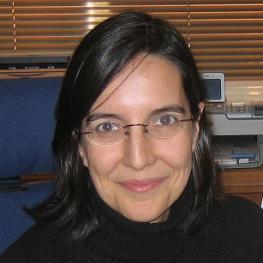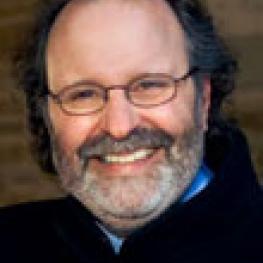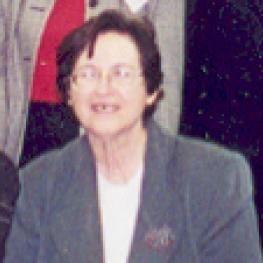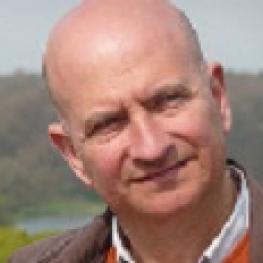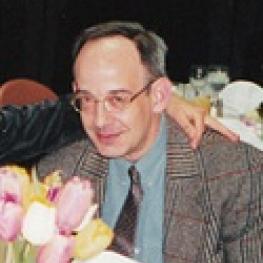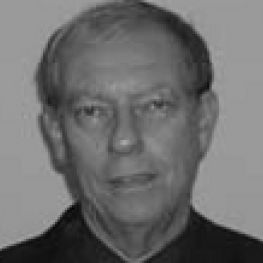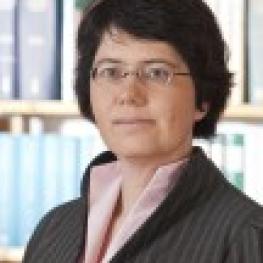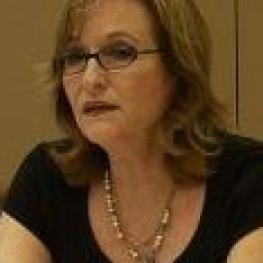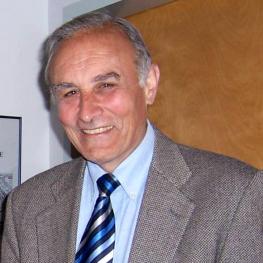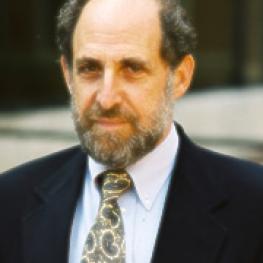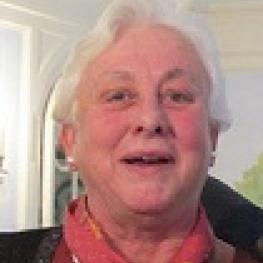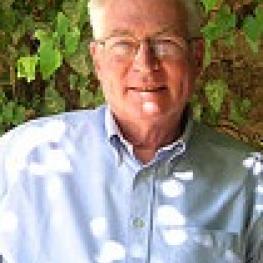Poetry and Culture in Medieval and Renaissance Jewry
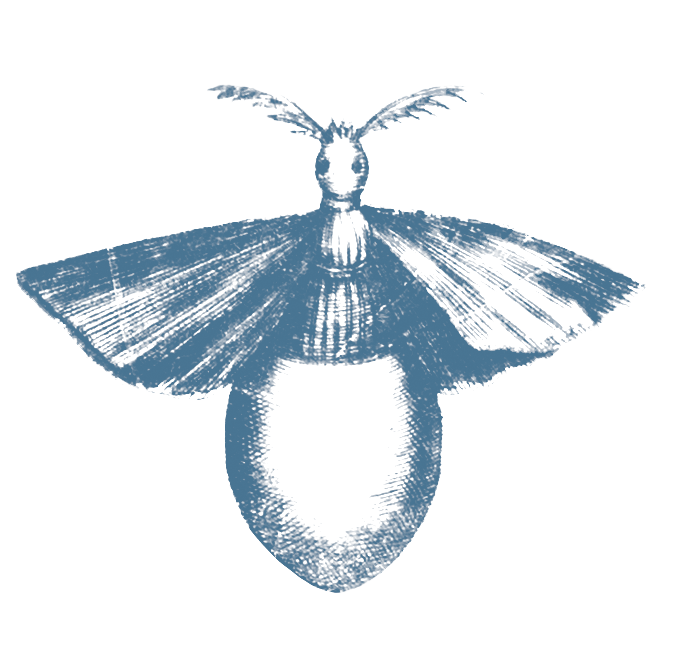
1998–1999 (1)
Like the 1996–1997 fellowship year, this year began as two separate seminars: one on Hebrew liturgical and secular poetry in al-Andalus (Spain), Germany, and Italy during the medieval and early modern periods; the other on the connections between the Enlightenment and its Jewish counterpart, the Haskalah, as the latter took shape in Germany and Eastern Europe in the eighteenth century. As happened in the earlier experiment, the two separate seminars gradually merged into one. As a result, scholars of the Enlightenment participated in the close analysis of medieval poetry while medievalists showed considerable interest in the texts and philosophical issues of the Haskalah. More importantly, common themes emerged to unite the two groups. Participants noticed that Jewish writers living in Medieval al-Andalus, Baroque Italy, and enlightenment Germany all found themselves in constant dialogue with their forebears. Common to all three periods was the endeavor to interpret the present in light of the past and to preserve a uniquely Jewish voice by anchoring contemporary literary and philosophical models in an age long gone. The two groups were also linked in an obvious way by the Haskalah’s own explicit harking back to medieval Spain, idealized for its cultural openness and engagement with the non-Jewish world. A sampling of the exciting and fruitful results of this cross-cultural and interdisciplinary conversation appears in Renewing the Past, Reconfiguring Jewish Culture: From al-Andalus to the Haskalah (2003), edited by Ross Brann and Adam Sutcliffe.
